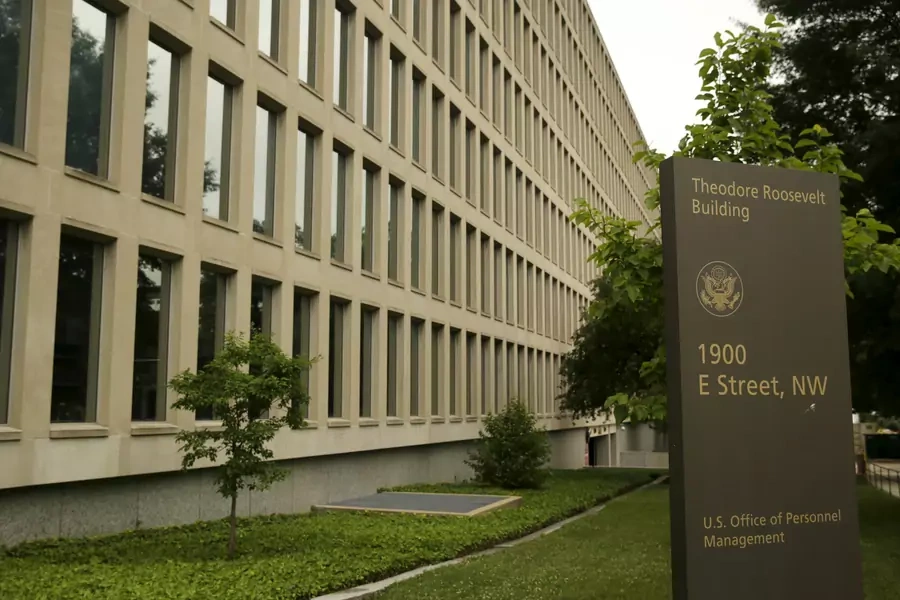Why I Have Nothing to Say About the NSA Leak

Emails from reporters started coming in last night. Could I comment on the leaked National Security Agency (NSA) report on Russian interference in the election?
The short answer was no.
More on:
The reason was simple: I couldn’t read it.
Normally, I might have tried to wing an answer, providing some context for what the reporter told me was in it. But in this case, the report was classified and I did not want to give the impression, even if false, that I had downloaded the document.
In truth, I would have known more about the NSA leak if I did not hold a security clearance and could view the document online like everyone else.
As one of the 5.5 million Americans who hold a security clearance, viewing that document would violate my obligation to protect classified information.
While I might have the right level clearance to view the document, the computer I would use to access it is not authorized to handle classified information. Viewing it would constitute a “spill” of classified material, necessitating that I report it to my security officer, and hand over my computer. Containment from there would involve an investigation and an official report. I’d likely lose my clearance and probably my computer.
More on:
But even if I could go into a facility that is cleared to access classified information, I still wouldn’t be able to read the report. Accessing classified information not only requires the appropriate clearance but a legitimate “need to know”. And in the eyes of the U.S. government, being able to intelligently comment on a piece of leaked intelligence doesn’t cut it.
Right now, security officers throughout the federal government are sending out reminders to federal employees not to access the report. They are reminding them that a leaked document is not automatically declassified and that accessing it could jeopardize their clearances (and their jobs).
Meanwhile, those with a hand in cybersecurity or Russia policy who had not seen the report are desperately trying to get their hands on it through official channels.
And while I will follow all these rules, it should be pretty clear to the outside world how dumb this is.
These rules came about in the age before the internet. In an earlier time, it might have been reasonable to talk about “containing” a leak – limiting the dissemination of the materials and placing pressure on reporters to withhold the story or at least certain facts.
Thirty years ago, it would have been impractical for the New York Times to publish the document in full. Now, it’s siting on a publicly accessible website.
Continuing to treat a document as “top secret” when it is no longer a secret is just silly.
What’s dumb is putting the 5.5 million people who should arguably be better informed than everyone else on matters of national security in a position where they actually know less.
After the Manning, Snowden, and series of smaller leaks over the last two years, intelligence analysts in China and Russia likely have a far better understanding of our national security process and intelligence collection capabilities than all but a small handful of very senior officials in the U.S. government.
While I believe that Reality Leigh Winner committed a crime in leaking this document, I also believe that the NSA should move quickly to declassify it. Declassification and release should become the default practice following a public leak of classified materials.
It will save agencies the money and time it takes to re-image computers when the document is downloaded unthinkingly as federal employees sip coffee and click through the links in their inboxes.
But more importantly, it will mean that federal employees will no longer be operating at an information disadvantage about what is going on in their own government relative to the adversaries they are working to counter.
 Online Store
Online Store